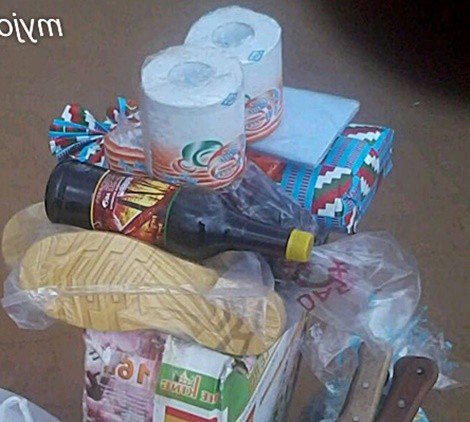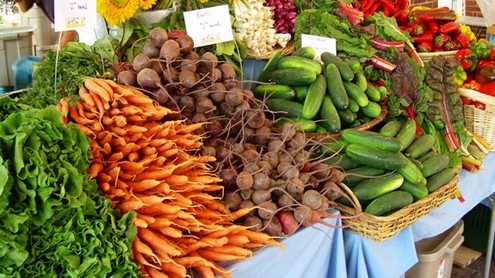Sissala: 4 farmers died of snakebites (PHOTO)
- Posted on
- Comment
 Four farmers in the Sissala East District died of snakebites out of nine cases recorded at the Tumu District Hospital from January to October.
Four farmers in the Sissala East District died of snakebites out of nine cases recorded at the Tumu District Hospital from January to October.
Farmers who are bitten by snakes troop to herbalists for local treatment due to the non-availability of anti-snake vaccines at health facilities in the district.
Mohammed Balu Salia, Head of Programmes at Radio for Development, a local FM radio station in Tumu said this at the Upper West regional family planning week celebration.
He appealed to the Ministry of Health and the Upper West Regional Director of Health Services to make anti-snake vaccines and other essential drugs available at the health facilities in the communities to cater for the health needs of the people.
He said farmers belonging to the Masara Ariziki Association in the Sissala East and West Districts cultivated 34,000 acres of maize this year alone and this fell short of what they cultivated last year.
Balu Salia said snakebites had become a worry for farmers and that was also affecting productivity.
But Alex Bapula, Sissala East District Director of Health Service, said the anti-vaccine situation had improved, with 10 anti-snake vaccines being stored at the hospital and five each of the vaccines had also been deposited at the health centres.
Some farmers told the GNA that apart from the snakebites, the removal of subsidies on farm inputs, especially fertilisers and tractor services had affected production of maize in the two districts.
Women farmers had stayed out of farming this year because they had been unable to pay for tractor services and fertilisers.
Some of the farmers argued that it was wrong on the part of government to have removed subsidies on fertilisers on the mere suspicion that they were being smuggled to neighbouring countries.
“Fertiliser smuggling is beyond the mandate of farmers. We think checking smuggling in general is the work of the security agencies and not farmers,” the farmers said.
Some of the farmers said the lack of guarantee price for maize, resulting in poor prices had discouraged many would-be farmers, especially women.
The farmers assigned deplorable condition of roads in the Upper West Region as a factor hindering maize production as they were unable to link to traders in Kumasi, Accra and commercial cities in Ghana.
“For instance, there are some farmers in the two districts who still hold large stock of maize produced last year,” the farmers lamented.
GNA










 (Selorm) |
(Selorm) |  (Nana Kwesi)
(Nana Kwesi)